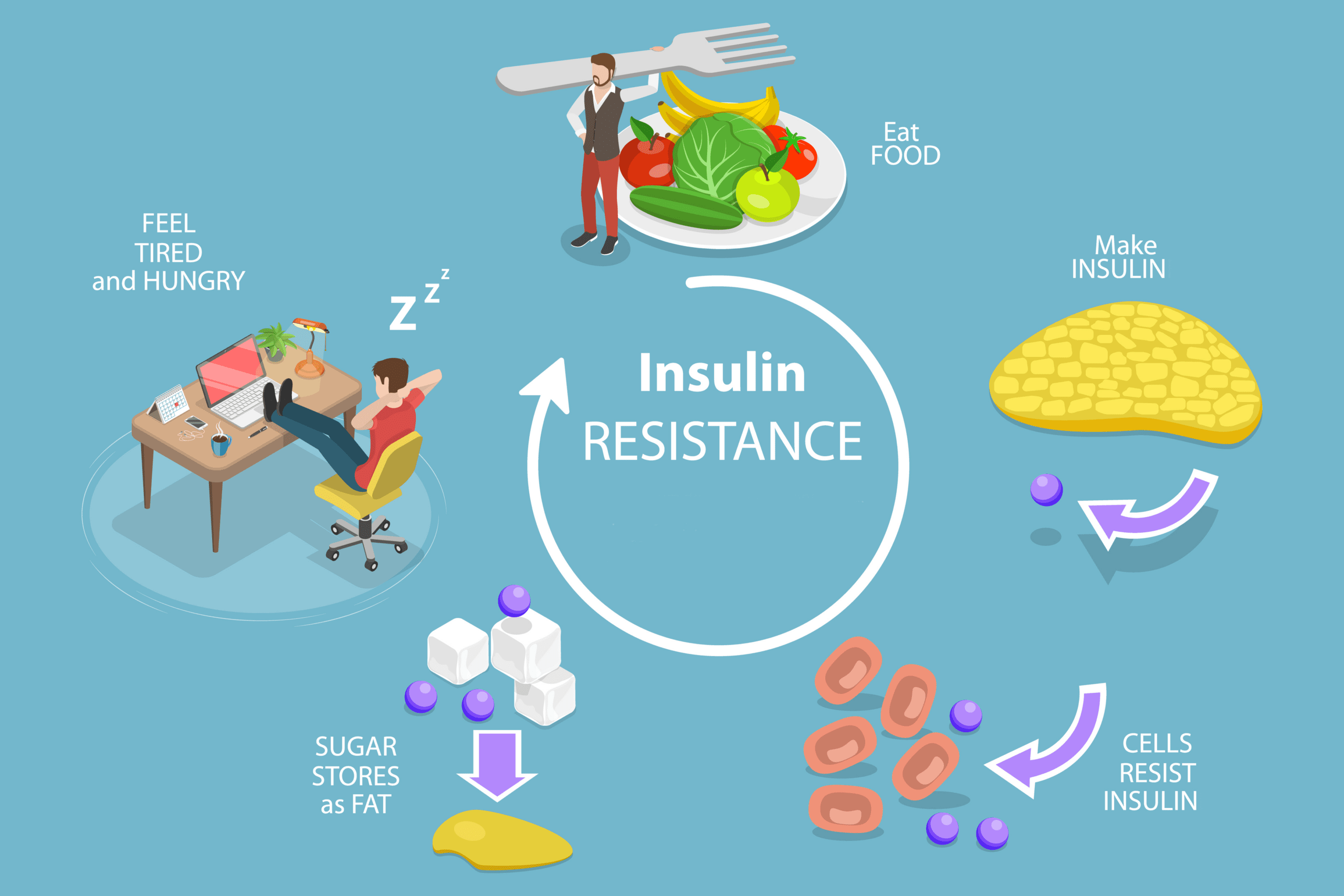Did you know that artificial sweeteners could lead to obesity?
By Louise Belle BHSc (Nut Med)
Food and drink companies regularly use artificial sweeteners such as aspartame in replacement of sugar, so they can market the product as ‘diet’, ‘sugar free’ or even ‘healthy’. The vast majority of the population are aware of the harmful effects of excess sugar consumption and make an effort to avoid it. With this belief in mind, and all the marketing for diet or sugar free products, many people reach for these options believing they are making the healthier choice. A recent study conducted on a group of rats fed either sugar or an artificial sweetener found that both were linked to obesity and diabetes. The researchers believe that artificial sweeteners lead to negative changes in energy metabolism and the way the body processes fat. More research is needed to determine the potential negative effects of artificial sweeteners, but it seems that they may not be as healthy as people think. It is difficult at this point in time to determine which is better for you. The solution? Eat as closely to nature as possible. Try to minimise the amount of pre-packaged, processed foods you purchase and make what you can at home.
Dr Cabot’s book I Can’t Lose Weight and I Don’t Know Why contains a 12-week metabolic weight loss plan and healthy recipes you can enjoy. Synd-X protein powder is naturally sweetened with Stevia, contains only 1.1g of carbohydrates per serving, helps to stabilise blood sugar and can assist with weight loss.









Leave A Comment